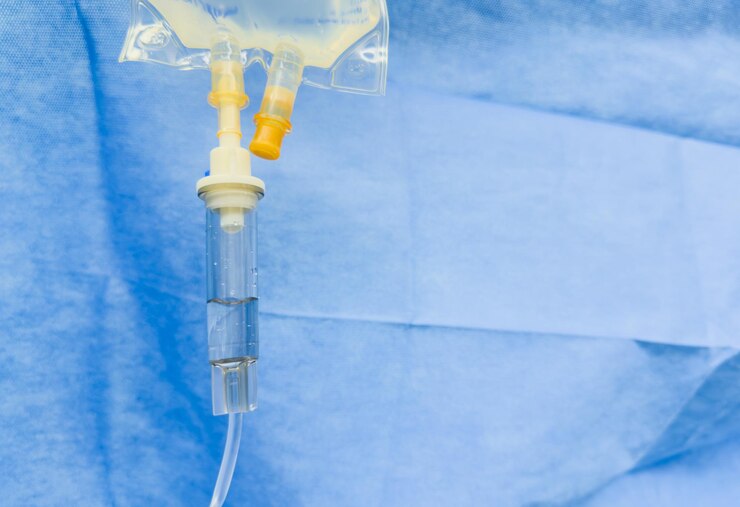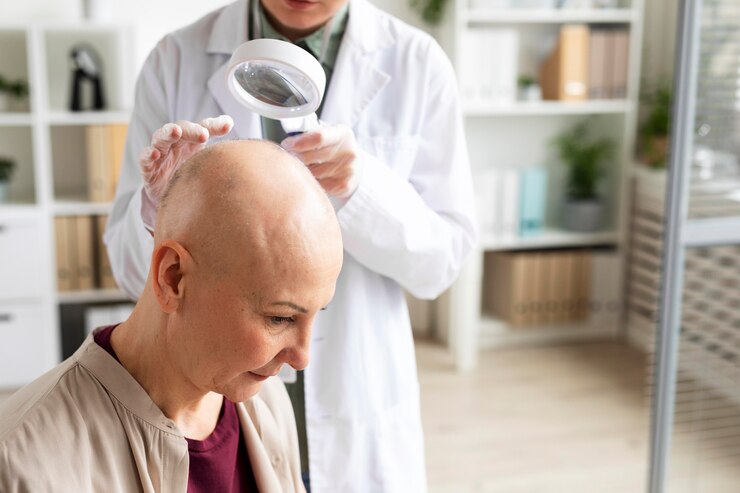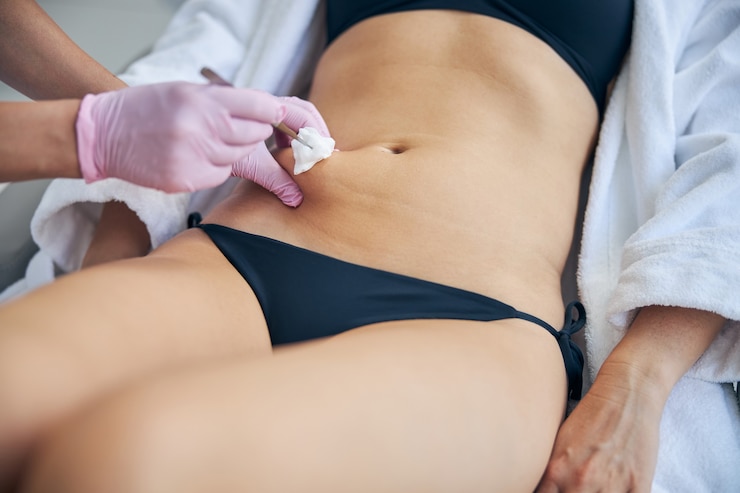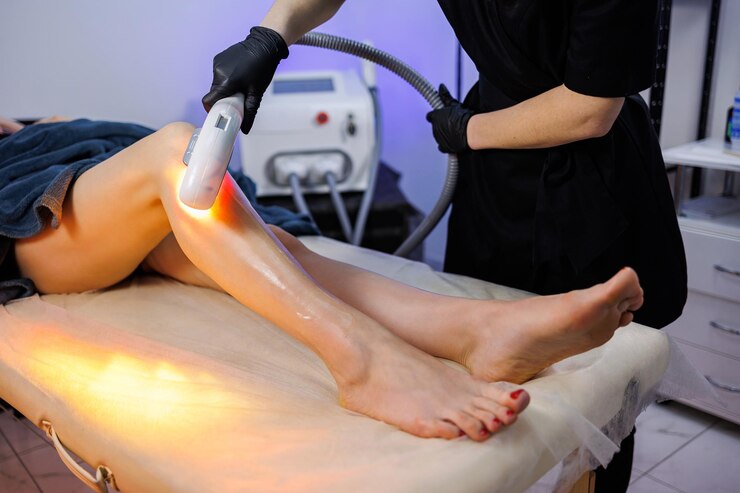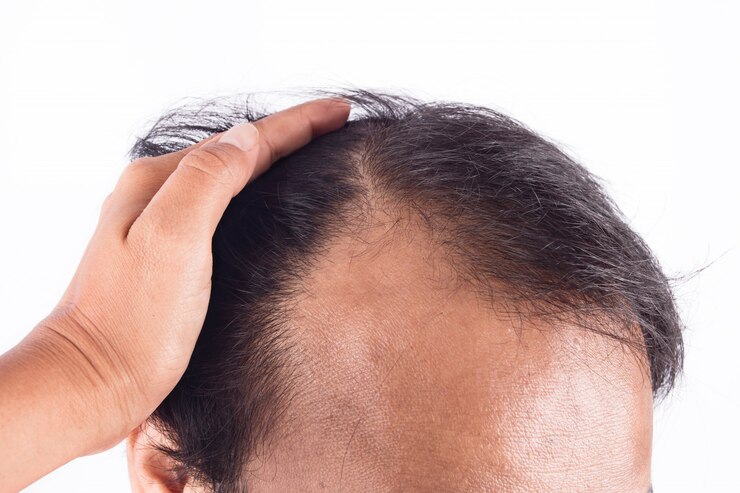Does a Hair Transplant Require Special Aftercare?
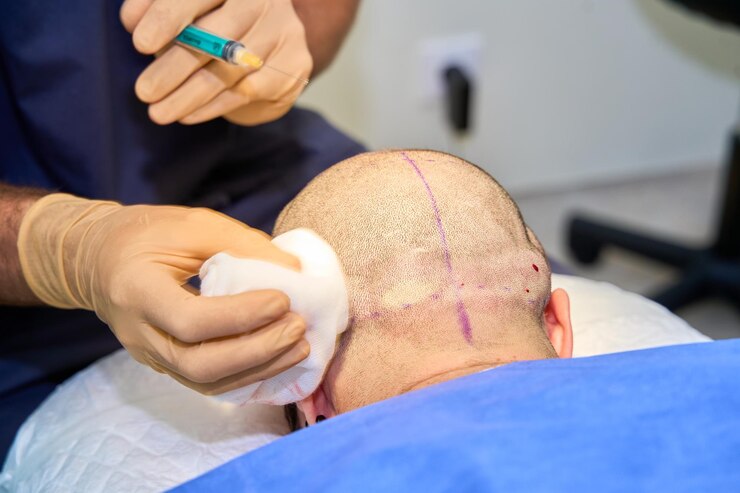
A hair transplant can be an excellent solution for individuals struggling with hair loss, offering a way to restore a fuller, more youthful head of hair. Whether caused by genetics, aging, or other factors, hair loss can have a significant impact on one's self-esteem and confidence. Fortunately, advances in Hair Transplant in Dubai techniques have made it possible to achieve natural-looking results. However, while the procedure itself is important, the aftercare that follows is equally critical to ensure the success of the transplant and the longevity of the results.
Key Aspects of Post-Hair Transplant Care
There are several aspects of aftercare that patients must be aware of to ensure the best outcome from their hair transplant. Let’s go through some of the most important components.
Proper Cleaning and Shampooing
After the hair transplant, patients are generally advised to keep their scalp clean to prevent infection. However, washing the scalp too soon or too aggressively can disrupt the newly transplanted follicles. Typically, surgeons recommend waiting for at least 24 to 48 hours before washing your hair, and when you do, you should use a mild shampoo that’s gentle on the scalp.
Avoiding Physical Activity and Sweat
In the first few days following a hair transplant, it’s important to refrain from engaging in strenuous physical activities. Activities like jogging, weight lifting, and even bending down can lead to increased blood flow to the scalp, which could disrupt the healing process. Additionally, heavy sweating can introduce bacteria to the scalp and lead to infection.
Protecting the Scalp from Sun Exposure
For the first few weeks following a hair transplant, patients should be cautious about exposing their scalp to direct sunlight. Ultraviolet (UV) rays can harm the sensitive scalp and hinder the healing process. UV exposure can also lead to irritation, redness, and swelling in the transplant area.
Avoiding Touching or Scratching the Scalp
Post-transplant, the scalp will likely be itchy as it heals. However, it’s crucial to resist the temptation to scratch or touch the scalp frequently. Scratching can lead to infection or dislodge the transplanted hair follicles. It is normal for some scabbing and mild irritation to occur during the healing process, but scratching should be avoided at all costs. If the itching becomes unbearable, it’s essential to consult your doctor or hair transplant surgeon for guidance on how to manage it safely.
Taking Medication as Directed
Many hair transplant procedures come with a prescribed post-operative regimen of medications. These might include pain relievers, antibiotics, or anti-inflammatory drugs to reduce the risk of infection, swelling, and discomfort. Patients must follow the prescribed dosage and take medications exactly as directed by their surgeon.
Managing Swelling and Discomfort
Swelling is a common side effect of hair transplants. Typically, the swelling will affect the forehead and the area around the eyes. It is usually most noticeable within the first few days following the procedure. Applying ice packs to the forehead and upper parts of the scalp, while avoiding direct pressure on the transplant area, can help reduce swelling.
Patience is Key for Hair Growth
Patients need to understand that hair growth will not be immediate after a transplant. In the first few months, the transplanted hair may shed, which is a normal process known as "shock loss." This is temporary, and the hair follicles will eventually begin to grow new hair after a few months.
Conclusion
In conclusion, while a hair transplant is an effective solution for restoring hair, its success largely depends on the care provided after the procedure. Special aftercare is essential in ensuring the proper healing of the scalp, the survival of the transplanted follicles, and the growth of new hair. Patients who follow the instructions carefully and give their scalp the time and attention it needs will be more likely to achieve optimal results.
Note: IndiBlogHub features both user-submitted and editorial content. We do not verify third-party contributions. Read our Disclaimer and Privacy Policyfor details.



